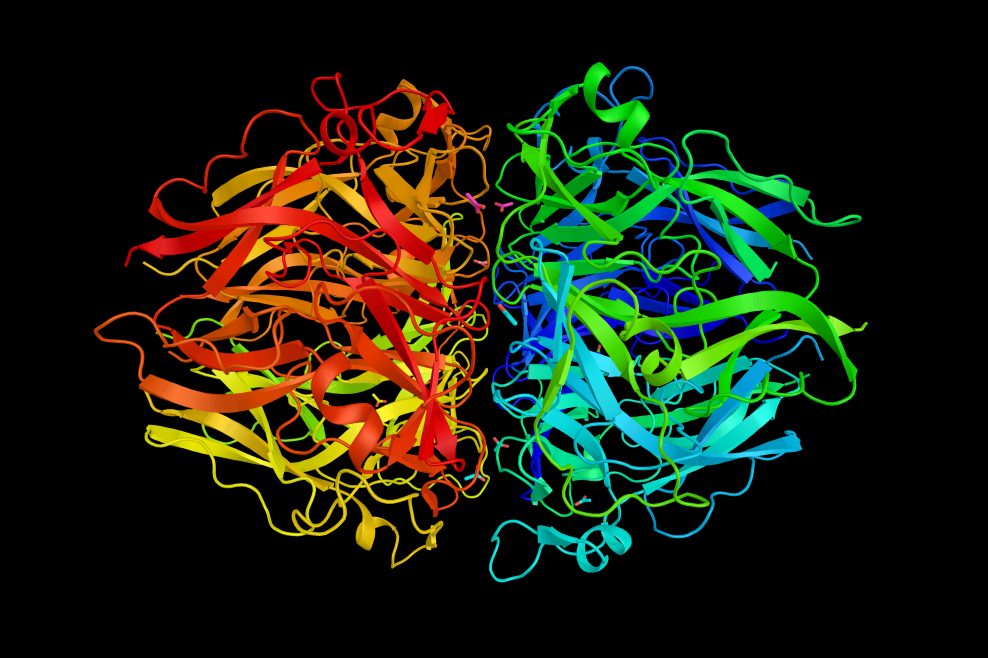On July 21, 2021 (13:00-14:15 ET), the Ethics, Legal and Social Implications Cross-cutting program invites you to join for the next Improbable Encounter, a CCNA Talking Brains Webinar.
What are biomarkers and what do they represent for people with dementia? How are biomarkers used in cognitive impairment research and clinical care? What are the potential benefits and limitation of using biomarkers? And what is the “real world” impact of them?
Join us for a unique conversation, bringing together biomarker discovery and biomarker use with our speakers Emily Dwosh and Carmela Tartaglia. The session will be moderated by Julie Robillard.
Our speakers:
 Emily Dwosh holds a Bachelor’s degree in Education from McGill University and a Master’s degree in Genetic Counselling from the University of British Columbia (UBC). She has worked as a genetic counsellor at the UBC Hospital Clinic for Alzheimer Disease and Related Disorders (UBCH-CARD) since 2001, providing education and support to patients and families adjusting to diagnoses of Alzheimer disease (AD), frontotemporal dementia (FTD), and other cognitive disorders. As a Clinical Assistant Professor with the UBC Department of Medical Genetics, she teaches and supervises UBC medical and genetic counselling students, and has co-authored several peer-reviewed journal articles pertaining to familial AD and FTD.
Emily Dwosh holds a Bachelor’s degree in Education from McGill University and a Master’s degree in Genetic Counselling from the University of British Columbia (UBC). She has worked as a genetic counsellor at the UBC Hospital Clinic for Alzheimer Disease and Related Disorders (UBCH-CARD) since 2001, providing education and support to patients and families adjusting to diagnoses of Alzheimer disease (AD), frontotemporal dementia (FTD), and other cognitive disorders. As a Clinical Assistant Professor with the UBC Department of Medical Genetics, she teaches and supervises UBC medical and genetic counselling students, and has co-authored several peer-reviewed journal articles pertaining to familial AD and FTD.
 Dr Carmela Tartaglia is an Associate Professor at the University of Toronto. She is a cognitive-behavioral neurologist at the UHN Memory Clinic where she sees patients with neurodegenerative diseases and persistent symptoms of concussion. She is a scientist at the Tanz Centre for Research in Neurodegenerative Diseases where she uses a multi-modal approach for biomarker discovery to facilitate early detection of neurodegenerative diseases including chronic traumatic encephalopathy. An emerging interest of Dr. Tartaglia is the role of concussion in dementia. The ultimate goal of her research programs is to develop biomarkers for early detection of disease so as to provide treatments to her patients. She holds the Marion and Gerald Soloway Chair in Brain Injury and Concussion Research. She is on the board of the Alzheimer’s Society of Toronto and on the Scientific Advisory Committee of PSP Canada, Brain Injury Canada and the Women’s Brain Project.
Dr Carmela Tartaglia is an Associate Professor at the University of Toronto. She is a cognitive-behavioral neurologist at the UHN Memory Clinic where she sees patients with neurodegenerative diseases and persistent symptoms of concussion. She is a scientist at the Tanz Centre for Research in Neurodegenerative Diseases where she uses a multi-modal approach for biomarker discovery to facilitate early detection of neurodegenerative diseases including chronic traumatic encephalopathy. An emerging interest of Dr. Tartaglia is the role of concussion in dementia. The ultimate goal of her research programs is to develop biomarkers for early detection of disease so as to provide treatments to her patients. She holds the Marion and Gerald Soloway Chair in Brain Injury and Concussion Research. She is on the board of the Alzheimer’s Society of Toronto and on the Scientific Advisory Committee of PSP Canada, Brain Injury Canada and the Women’s Brain Project.
 Dr Julie Robillard (Moderator) is an Assistant Professor of Neurology at the University of British Columbia (UBC), Scientist in Patient Experience at BC Children’s and Women’s Hospital (C&W) and Faculty member of Neuroethics Canada. She leads the Neuroscience, Engagement and Smart Tech (NEST) lab, where her research focuses on the development and evaluation of technology to support brain health across the lifespan. Dr. Robillard holds provincial, national and international leadership roles: she is Chair of the Ethical, Legal, and Social Implications program at CCNA, Vice-chair of the Technology and Dementia Executive Committee of the International Society to Advance Alzheimer’s Research and Treatments, and the Ethics and Practice program lead for AGE-WELL, among others.
Dr Julie Robillard (Moderator) is an Assistant Professor of Neurology at the University of British Columbia (UBC), Scientist in Patient Experience at BC Children’s and Women’s Hospital (C&W) and Faculty member of Neuroethics Canada. She leads the Neuroscience, Engagement and Smart Tech (NEST) lab, where her research focuses on the development and evaluation of technology to support brain health across the lifespan. Dr. Robillard holds provincial, national and international leadership roles: she is Chair of the Ethical, Legal, and Social Implications program at CCNA, Vice-chair of the Technology and Dementia Executive Committee of the International Society to Advance Alzheimer’s Research and Treatments, and the Ethics and Practice program lead for AGE-WELL, among others.
Pre-registration is required.

